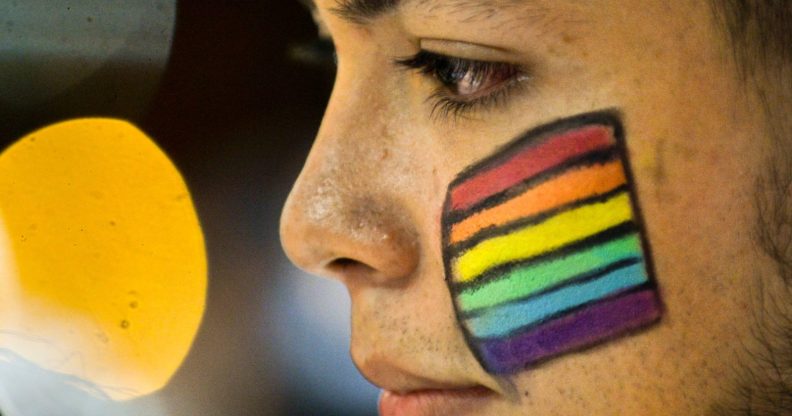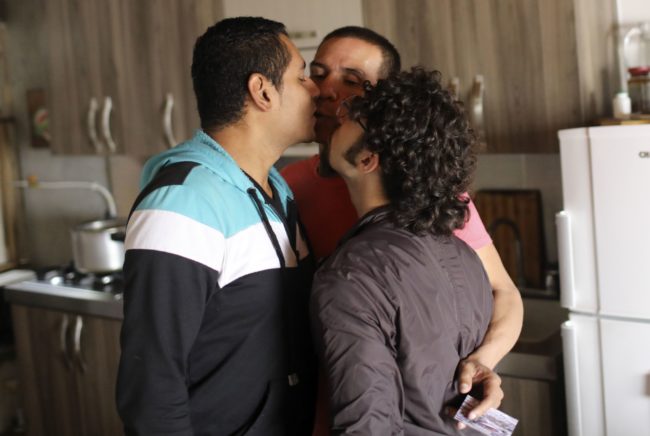52 years later, LGBT+ Colombians are still suffering the consequences of the country’s civil war

(Getty)
It has been 52 years the conflict between the Revolutionary Armed Forces of Colombia (FARC) and the official Colombian administration came to a head.
The blazing civil war, which destroyed buildings, railroads and lives, with more than 260,000 killed in the conflict.
As the country continues to rebuild two years after the rebels and the government struck a peace agreement, Colombians are being encouraged to seek financial reparations through the government – but it appears in the process, it is LGBT+ people who are missing out.
In order to claim for reparations, a Colombian citizen has to make a declaration of victimhood to the government.
However, the process means that LGBT+ people have to come out to the authorities – and may face a host of discrimination as a consequence.
“In Colombia, there is still a lot of discrimination against the LGBT+ community, which prevents them from accessing their constitutional rights,” said Sandra Ángel, who is part of the government’s advisory team on gender issues, to Marketplace.
During the conflict, many LGBT+ people were targeted due to their sexuality.

(Getty)
For people like Aura, who were raped, beaten and left for dead when they were discovered to be a lesbian, it is even more difficult to state their sexuality or identity when it comes to ask for reparations out of fear it may harm them in the future, reports Marketplace.org.
And for trans women – who found themselves physically abused by police and displaced during the conflict – were unaware that they could claim for reparations.
“The large majority of the transgender women who were victims of the armed conflict did not know that they had the right to reparations, nor how to go about asking for them,” said Colombian member of LGBT rights charity Tremboles Alejandro Lanz.
But in the logging of reparations, LGBT+ people are missing out on the funding they need to help them recover their lives.
The government estimates that there are 8,632,032 victims in the conflict, and has handed out approximately ¢7 million in damages last year.
Out of the 730,000 civilians who have claimed reparations so far, just 2000 are from the LGBT+ are lesbian, gay, bi or trans.

